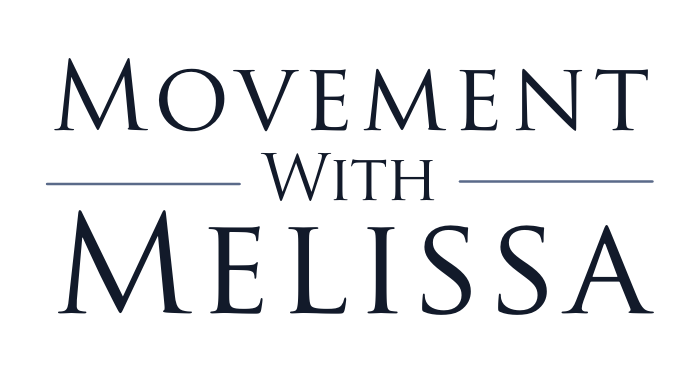Twisting in Yoga Does Not Detoxify Your Liver
There are science backed reasons to do yoga, but this isn't one of them.
If you’re here, there’s one thing I know that’s true about you:
You respect your students and want to offer the best yoga experience possible.
You care deeply about the practice and want to share all the amazing ways it can benefit someone.
Your students come to you and ask what the benefits of the pose or the practice are.
Sometimes we are unsure of the answer or we give an answer that we learned either through an IG post or a teacher training.
There is a lot of information that has been handed down as to the perceived benefits of yoga and different poses and trying to sort through what is scientifically backed information, myth, or fiction can feel overwhelming.
As yoga teachers and fitness professionals, we have a responsibility to be evidence-based, especially when telling an individual that a pose or the practice is going to have an impact on their physical or mental health.
We have a responsibility to be willing to unlearn certain statements about alignment or pose benefits that have been handed down.
This continuous self study and evidence-based approach is a way for you to not only keep your students safe, but to more effectively teach the true depth of yoga.
You will learn:
-
Common yoga myths most often repeated.
-
Identify yoga myth from scientifically proven benefits.
-
What current research says about yoga.
-
How to apply evidence based knowledge in to your teaching.
-
Evidence based strategies for helping students identify and experience benefits in their own practice.
Being evidence based doesn’t mean you are proving something right.
It means you are trying to be less wrong, and bring more credibility to the claims that are made about the impact that the practice or poses could have on a person’s mental or physical health.
This approach is more about believing the scientific method than blindly following results without questioning research.
As professionals, you should be willing to change your mind when presented with new data opposed to being attached to a previous belief system.
An evidence based approach is the intersection and integration of available evidence, critical thinking and yoga philosophy.
Social media makes it too easy to surround yourself with information that confirms your bias or perpetuates myths that keep getting handed down.
Research and data becomes outdated because of new technology. You don’t discard it, you evolve the research, and you evolve what you know and how to apply it.
This course is for you if:
-
You are a yoga teacher or curious yoga student
-
You want to share yoga from an evidence based perspective
-
You want to feel confident in what you are telling your students
-
You coach, train, or mentor other yoga teachers
-
You want to lead from a place of accurate and up to date information
Key Outcomes:
You will leave this course with an understanding of the difference between:
- Opinion based or anecdotal benefits of yoga
- Evidence-based benefits of yoga
- How to apply this knowledge in your teaching of key poses
The Details
When: Sunday, February 26 2023 from 12:00pm-1:00pm EST
You can join the course live with time for Q&A at the end or access the recording on your own time.
Investment: FREE
Top myths that will be covered in this course:
- Sweating detoxifies the body
- Twists help your liver detox
- Inversions bring fresh oxygenated blood to your brain
- Your knee needs to stack over your ankle
- Your front shin should be parallel to the front of your mat in half pigeon
- Yoga is relaxing for everyone
- The idea that an advanced pose is the goal or ideal
- Yoga is healing or therapeutic for everyone
Yes! I want to join the free course!


